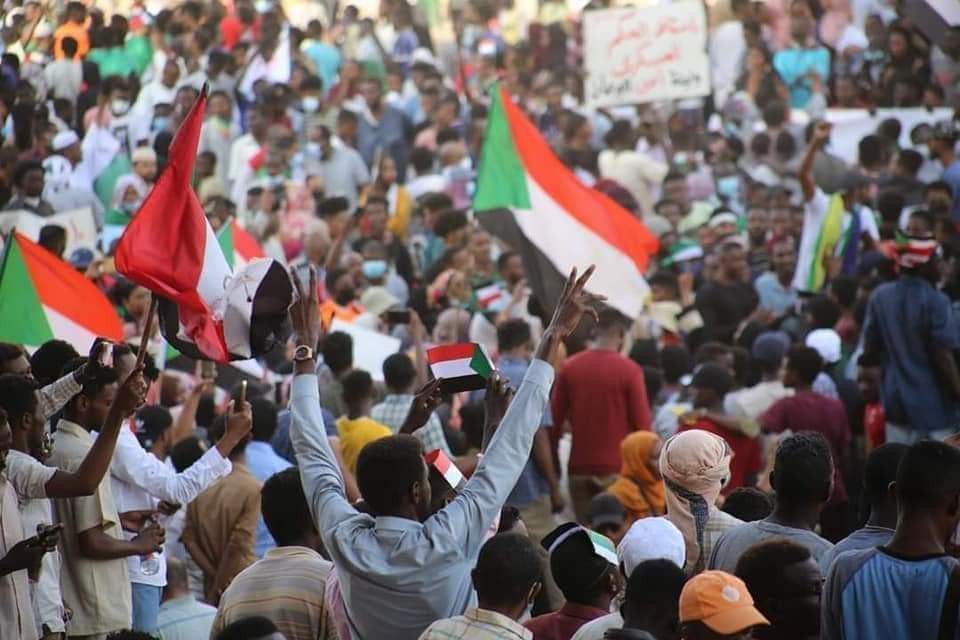
In the early hours of 25 October, the military-security council of the Sudanese Transitional Government mounted a coup against its civilian partner, removing the Prime Minister and several civilian ministers from power. General Abdel–Fatah Burhan, leader of the coup, cited disarray within civilian affairs and a campaign against the armed forces by the civilian leadership as the reason for stepping in to preserve national unity. Since then, the country has erupted in mass demonstrations against a return to military rule.
Underpinning Sudan’s fragile order is a long and troubled history of internal division on the basis of politics, geography and ethnic identity—instrumentalized to secure access to state resources. Local elite capture and competing regional agendas weakened the civilian-led government enabling a coalition of military and militia groups to strengthen its position.
However, by seeking to sideline the civilians, the security forces may have overplayed their hand. As well as the massive public mobilization against the coup, Burhan’s move risks wasting the progress that the civilian government had made to improve relations with Sudan’s international backers—particularly significant due to the disastrous economic conditions that preceded these lasts events.
This RVI Forum will discuss the current situation following the military coup, whether a military dictatorship is inevitable and the possible implications of it on domestic affairs and international support.
To attend, register here.



